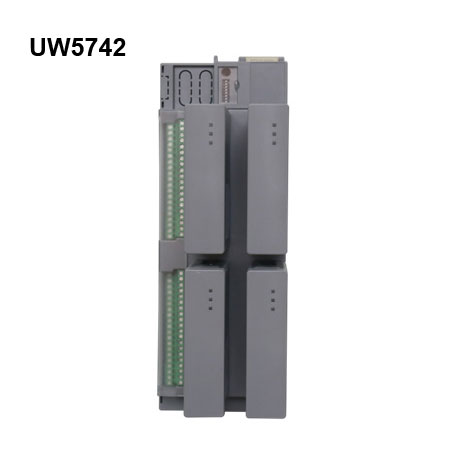Redundant Architecture
Implement dual processors, power supplies, and communication networks.
Ensures continuous operation even if a component fails.
High-Quality Hardware
Use industrial-grade components with extended MTBF (Mean Time Between Failures).
Resistant to temperature fluctuations, dust, and electromagnetic interference.
Regular Firmware Updates
Keep system software up-to-date to patch vulnerabilities and improve performance.
Comprehensive Diagnostics
Real-time monitoring of system health with predictive maintenance alerts.
Cybersecurity Measures
Firewalls, encrypted communications, and role-based access control to prevent unauthorized access.
Our Advanced Distributed Control System is engineered for maximum uptime and performance. Below are the key parameters:
| Feature | Specification |
| Processor | Dual-core 2.5 GHz, redundant configuration |
| Power Supply | 24V DC, dual redundant with auto-switching |
| Communication Protocol | Modbus TCP/IP, OPC UA, PROFINET |
| Operating Temperature | -20°C to 60°C (-4°F to 140°F) |
| MTBF | 100,000 hours |
| I/O Modules | Hot-swappable, fault-tolerant design |

99.99% System Availability – Minimizes downtime with redundant components.
Scalable Architecture – Supports expansion without performance loss.
Intuitive HMI – User-friendly interface for real-time monitoring.
A: A DCS offers decentralized control, allowing multiple controllers to manage different processes simultaneously, whereas a PLC typically handles centralized control. DCS is better suited for large-scale industrial applications requiring high reliability and real-time data processing.
A: Preventive maintenance should be performed every 6-12 months, including firmware updates, hardware inspections, and network diagnostics. However, systems in harsh environments may require more frequent checks.
A: Yes, most modern DCS solutions support seamless integration with SCADA through standard protocols like OPC UA and Modbus, enabling centralized monitoring while retaining distributed control capabilities.
Enhancing Distributed Control System reliability involves selecting high-quality hardware, implementing redundancy, and adhering to strict maintenance protocols. Our advanced DCS solution ensures maximum uptime, scalability, and cybersecurity, making it ideal for mission-critical industrial applications.
For more details, explore our product catalog or contact our technical support team for a customized solution. If you are very interested in our company's products or have any questions, please feel free to contact us
